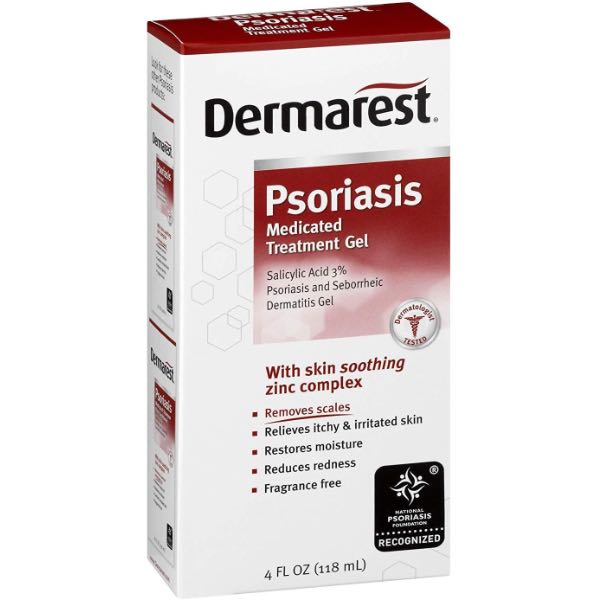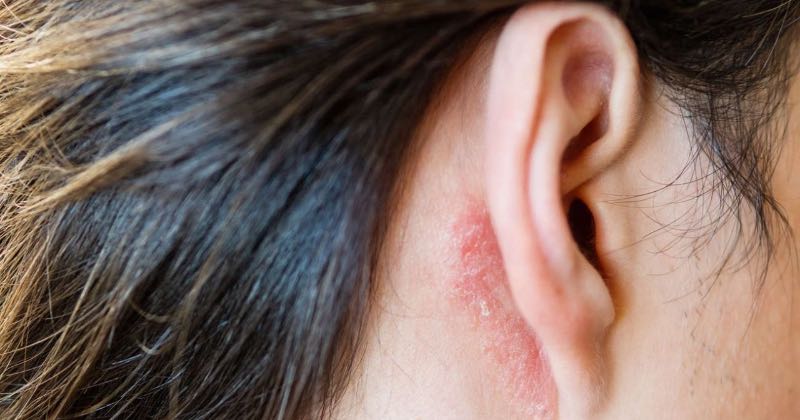Discover the most effective plaque psoriasis treatment options and how to recognize its symptoms for better management of this chronic skin condition.
What Is Plaque Psoriasis?
Plaque psoriasis is a chronic autoimmune condition that causes red, scaly patches to appear on the skin. It is the most common form of psoriasis, affecting millions of people worldwide.
This condition primarily impacts areas like the elbows, knees, scalp, and lower back, but it can develop anywhere on the body. The characteristic plaques of plaque psoriasis are often inflamed and covered with silvery-white scales, which vary in size from small to large patches.
Managing and treating plaque psoriasis effectively requires a thorough understanding of the condition and its symptoms, as well as selecting the appropriate treatment options.
Common Symptoms of Plaque Psoriasis
Recognizing the symptoms of plaque psoriasis is essential for timely treatment. Alongside the classic red and scaly patches, individuals may experience other symptoms such as:
- Dry, cracked skin prone to bleeding
- Intense itching and burning sensations
- Plaques that may bleed after being scratched
- Swollen and stiff joints, which can indicate psoriatic arthritis
- Nail abnormalities, such as pitting, discoloration, or thickened nails
The severity of these symptoms can range from mild to severe, depending on the individual. For some, plaque psoriasis may be a mild inconvenience, while others may experience more widespread, debilitating symptoms.
Plaque Psoriasis Treatment Options
While there is no cure for plaque psoriasis, there are several plaque psoriasis treatment methods that can help manage symptoms and improve quality of life. Treatment plans are tailored to each individual’s needs, based on the severity of the condition and how the patient responds to different therapies. Some of the most common treatment options include:
Topical Treatments
These are creams, ointments, and gels applied directly to the skin to reduce inflammation, scaling, and discomfort. Common ingredients include corticosteroids, vitamin D analogs, and retinoids.
Light Therapy (Phototherapy)
Controlled exposure to ultraviolet (UV) light can help slow the growth of skin cells in people with plaque psoriasis. Phototherapy can be done in a doctor’s office or using a home light unit under medical supervision.
Oral medications
For people with moderate to severe plaque psoriasis, oral medications can help control inflammation and modulate the immune system. There are common drugs as well as newer oral treatments.
Biologic Therapies
Biologics are advanced medications that target specific parts of the immune system involved in the development of psoriasis. These treatments are usually administered through injections or intravenous infusions. Common biologics include TNF inhibitors, IL-17 inhibitors, and IL-23 inhibitors.
Choosing the right plaque psoriasis treatment depends on many factors, including the patient’s preferences, previous response to treatments, and the severity of the condition. Consulting a dermatologist is critical for determining the best course of action.

Dermarest Psoriasis Medicated Treatment Gel
How to Manage Plaque Psoriasis Effectively
In addition to medical treatments, there are lifestyle changes and self-care strategies that can help manage plaque psoriasis symptoms. These include:
- Moisturizing regularly to prevent dry skin
- Avoiding known triggers such as stress, smoking, and certain medications
- Following a healthy diet to reduce inflammation
- Staying physically active to improve overall health and reduce joint pain in those with psoriatic arthritis
With the right combination of treatments and lifestyle adjustments, many individuals with plaque psoriasis can achieve clearer skin and experience fewer flare-ups.
Learn More About Plaque Psoriasis Treatment
Plaque psoriasis is a long-term condition, but with proper management, it is possible to reduce its impact on your daily life. Stay informed by researching plaque psoriasis treatment options online, where you can find comprehensive guides, expert advice, and support groups. Connecting with others who share similar experiences can also provide valuable insights and encouragement




